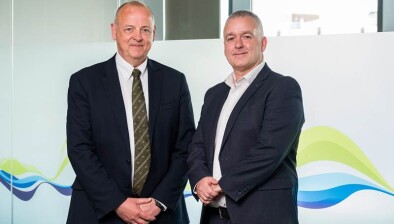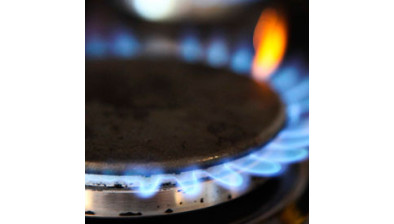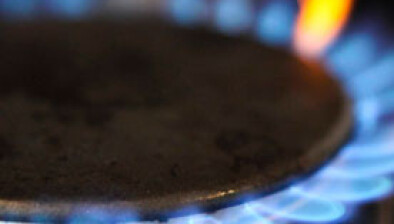Holyrood committee calls for improvements to tackle fuel poverty
A Bill to reduce fuel poverty in Scotland has been given the support of a Holyrood committee but it warned that additional measures are required to put an end to thousands of people lacking the means to keep their homes warm.
The local government and communities committee published a report on the Fuel Poverty (Target, Definition and Strategy) (Scotland) Bill today, following months of expert evidence and hearing first-hand from people across Scotland.
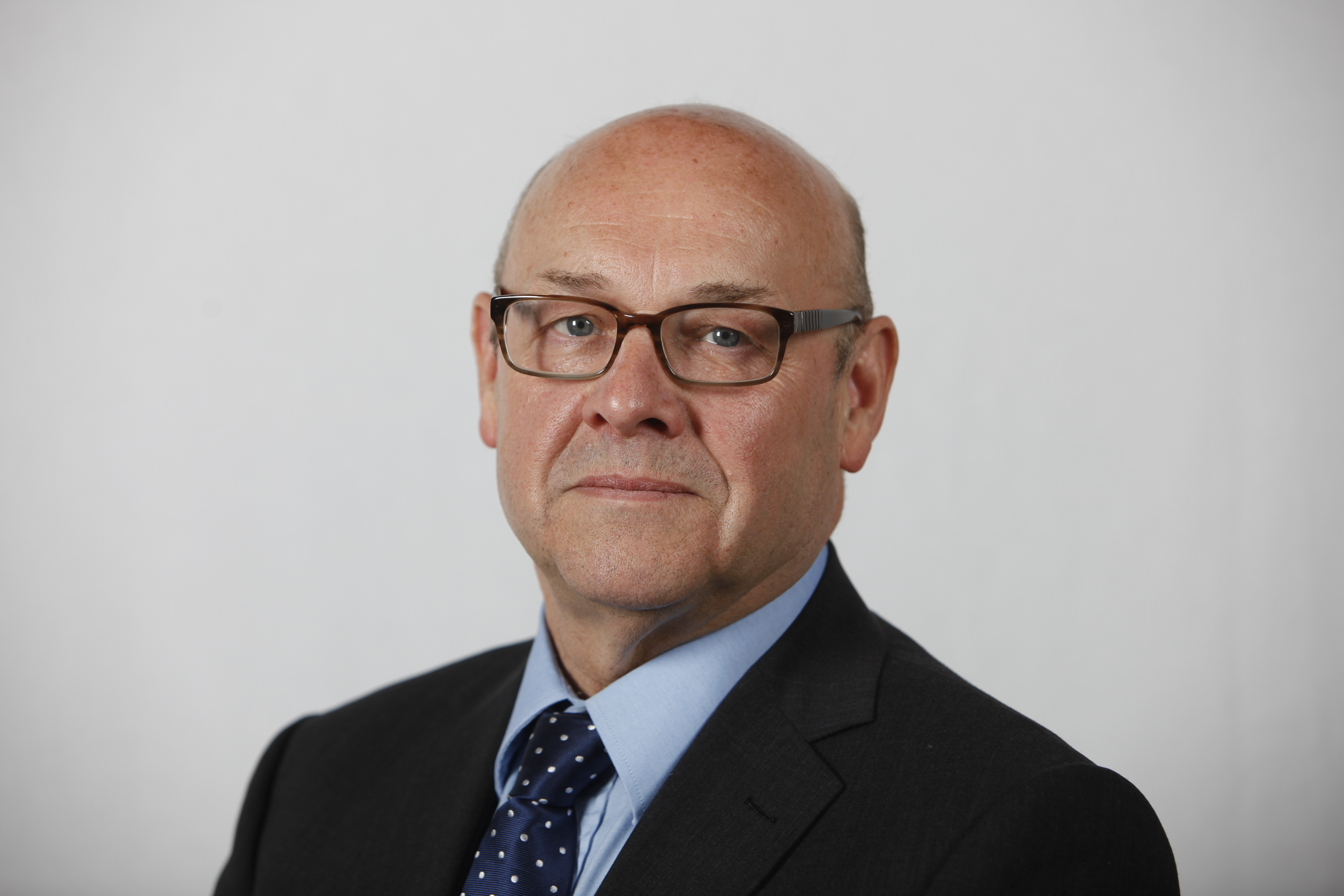
Committee convener James Dornan MSP
The Bill sets a target of no more than 5% of households living in fuel poverty by 2040. The previous target, which aimed to eradicate fuel poverty in Scotland by 2016, was not met.
As part of its report, the committee called for a separate target to focus on people living in ‘extreme fuel poverty’ – those spending more than 20% of their income on fuel. The committee wants this separate target to be included in the Bill, so that those most in need of help are not left behind.
The committee also heard concerns that the Bill may not reflect the reality of living in islands and remote areas, including much higher living and travel costs. It therefore urged the Scottish Government to ensure households in all parts of Scotland are fully taken into account in the Bill.
Committee convener James Dornan MSP said: “We know that Scotland is an energy-rich country, yet during our evidence we talked to people who faced the impossible decision of either feeding their families or heating their homes.
“The stark reality is that over a quarter of households in Scotland still face extreme difficulties heating their homes, and this can rise to well over double that in rural and island communities.
“The committee welcomes the Fuel Poverty Bill’s core purpose, which could make a real difference to the life of thousands of Scottish families. However, the longer-term ambition should be the eradication of fuel poverty.
“We have outlined a number of ways to improve the Fuel Poverty Bill to ensure that Scotland can better tackle fuel poverty issues, so that no one has to struggle in cold, draughty and sometimes unliveable homes in the future.”
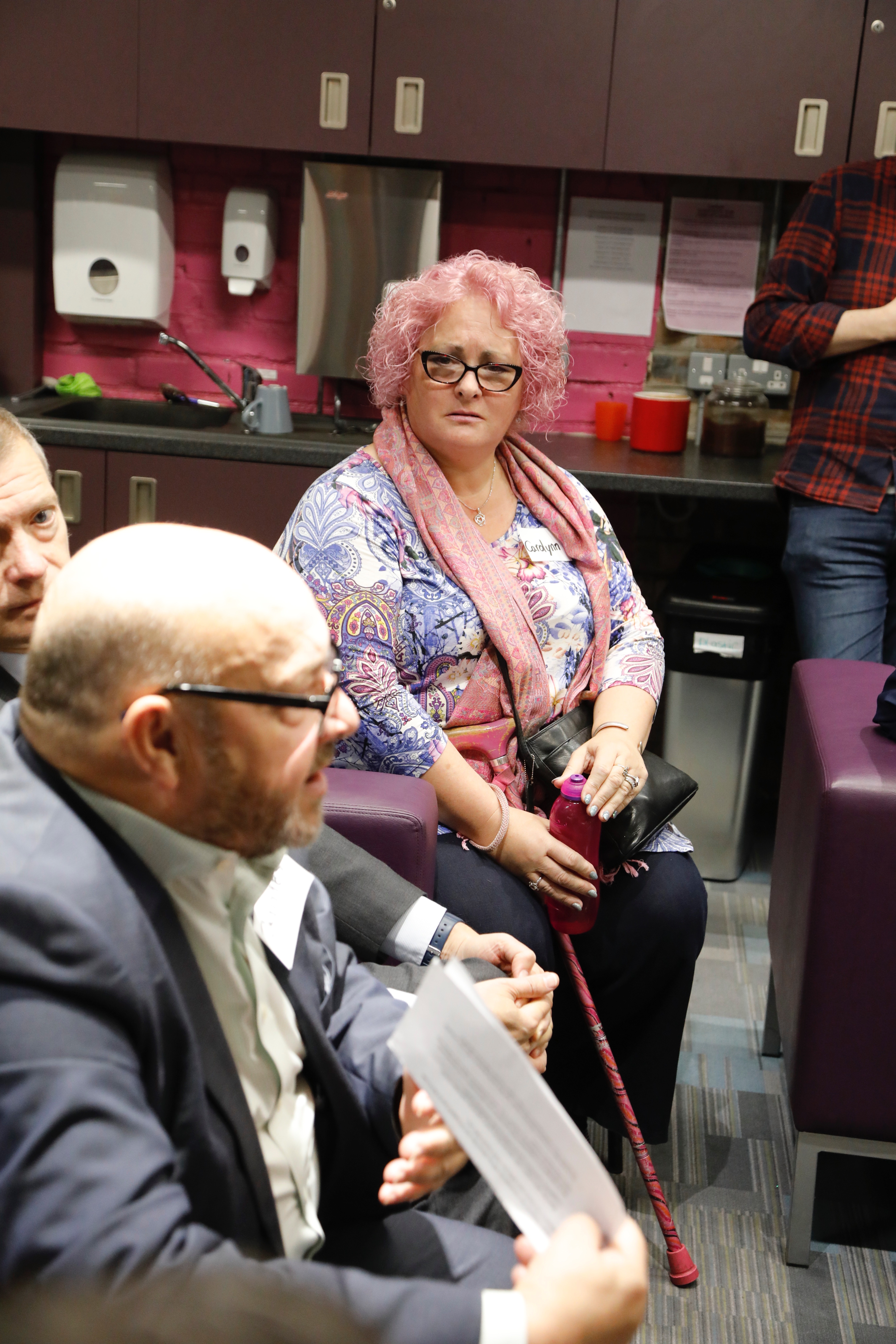
Carolynn McQueen and convener James Dornan MSP at the Dundee focus group
The committee also raised concerns over the inadequacy of works carried out under UK-based energy-efficiency schemes. MSPs heard reports that there had been insufficient support from the UK Government to provide re-dress for those who received defective repairs.
As part of the inquiry, the committee held focus groups in Dundee and Stornoway to hear first-hand from people who had experiences of fuel poverty.
Carolynn McQueen, who is 54 years old and is currently living in Guardbridge, took part in the committee’s focus group in Dundee.
She said: “I spoke to committee members about the realities of living in fuel poverty, and the serious impact it had on my physical and mental health.
“I’m pleased they’ve taken action after listening to our experiences – particularly on extreme fuel poverty in rural areas as this is something I experienced when I lived in a rural farm cottage outside of Anstruther.
“I hope that no one has to go through what I’ve been through, and that this new legislation can change people’s lives for the better.”
Responding to the report, Citizens Advice Scotland energy spokesperson, Emma Grant McColm, said: “We welcome the committee’s recommendation for a separate target to support those who suffer the most extreme levels of fuel poverty. It is unacceptable in 21st century Scotland that people should have to choose between food and heating their home.
“We are campaigning for the Bill to recognise the fact that those Scots living in remote rural areas face higher living costs, including fuel costs. We know that over half of all Scottish households which rely upon electric heating are estimated to be in fuel poverty, and many of those homes tend to be in rural areas, off the gas grid.”





